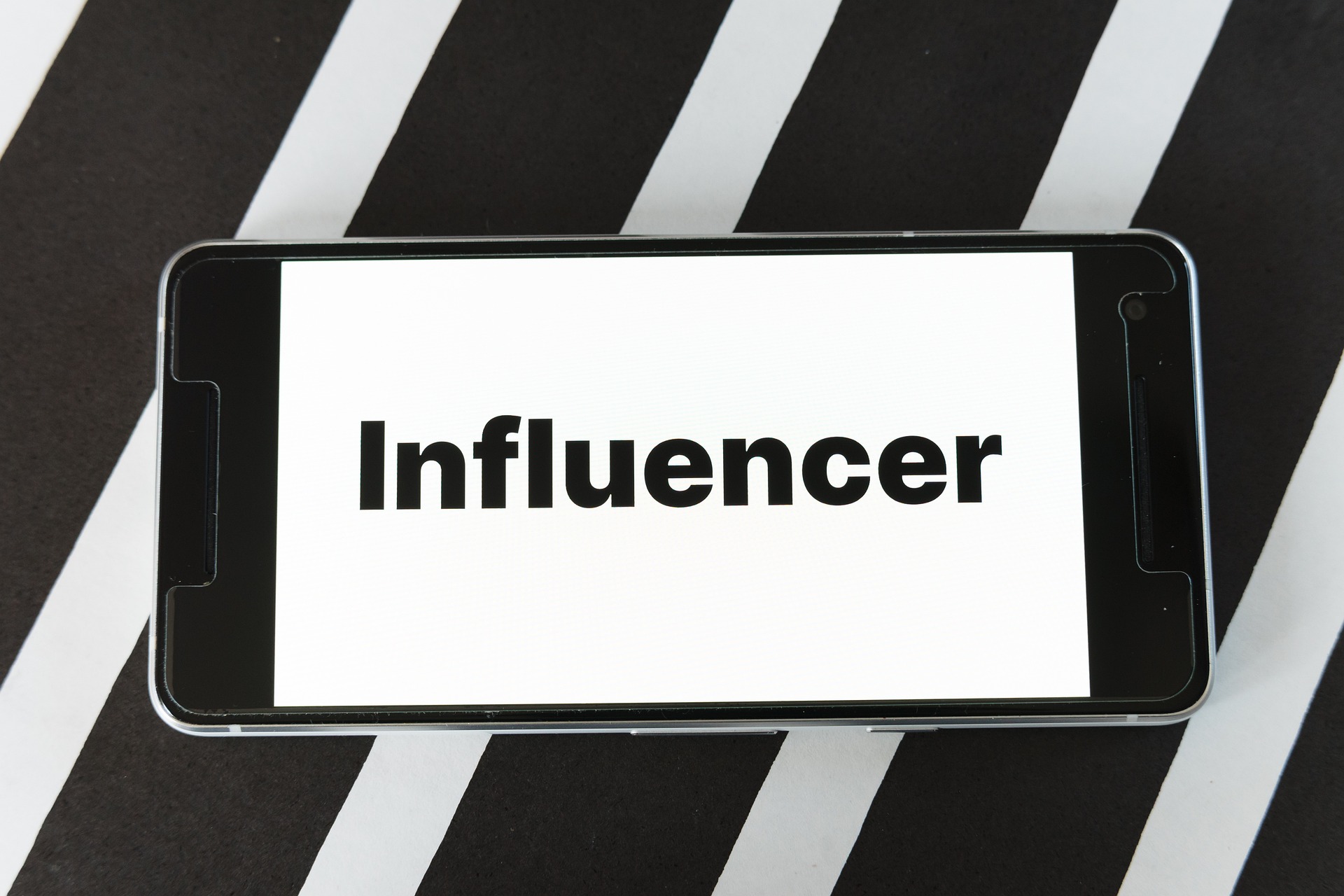Influencer Marketing in Japan: Leveraging Social Media for Effective Branding
In recent years, influencer marketing has become a powerful tool for businesses to reach their target audience and build brand awareness. This trend has gained significant traction in Japan, where social media plays a crucial role in shaping consumer behavior and purchasing decisions. As companies seek innovative ways to connect with their audience, influencer marketing has emerged as a highly effective strategy for promoting products and services in the Japanese market.

In Japan, micro-influencers (those with 1,000 to 100,000 followers) are particularly effective, as they often have highly engaged audiences and are perceived as more relatable and trustworthy. Brands collaborate with these influencers to create content that seamlessly integrates their products or services into the influencer’s lifestyle, making it feel more natural and less like traditional advertising.
What are the key social media platforms for influencer marketing in Japan?
While global platforms like Instagram and YouTube are popular in Japan, there are also local social media networks that play a significant role in influencer marketing:
-
Instagram: The most widely used platform for influencer marketing in Japan, particularly for fashion, beauty, and lifestyle brands.
-
Twitter: Extremely popular in Japan, with high engagement rates and real-time interaction between influencers and their followers.
-
YouTube: Ideal for long-form content and product reviews, especially in the tech and gaming industries.
-
Line: Japan’s most popular messaging app, which also offers a platform for influencers to share content and connect with their audience.
-
TikTok: Growing rapidly in popularity, especially among younger demographics, for short-form video content.
How can brands effectively leverage influencer marketing in Japan?
To successfully implement influencer marketing strategies in Japan, brands should consider the following approaches:
-
Understand cultural nuances: Japanese consumers value authenticity, quality, and attention to detail. Ensure that influencer collaborations align with these cultural expectations.
-
Focus on micro-influencers: Partnering with micro-influencers can lead to higher engagement rates and more authentic connections with target audiences.
-
Prioritize long-term relationships: Building lasting partnerships with influencers can result in more genuine content and stronger brand loyalty among followers.
-
Utilize multiple platforms: Develop a cross-platform strategy to reach diverse audience segments and maximize campaign impact.
-
Emphasize storytelling: Japanese consumers appreciate narratives that showcase how products fit into daily life rather than direct product promotions.
What challenges do brands face in Japanese influencer marketing?
While influencer marketing offers significant opportunities in Japan, brands may encounter several challenges:
-
Language barriers: Many international brands struggle with accurately translating their message and adapting it to the Japanese market.
-
Regulatory compliance: Japan has strict regulations regarding advertising disclosure, requiring clear identification of sponsored content.
-
Cultural sensitivity: Misunderstanding cultural norms or preferences can lead to ineffective campaigns or even negative backlash.
-
Measuring ROI: Tracking the impact of influencer marketing campaigns can be challenging, especially when dealing with multiple platforms and influencers.
-
Authenticity concerns: As influencer marketing becomes more prevalent, Japanese consumers are becoming more discerning about sponsored content, making it crucial for brands to maintain authenticity.
How is influencer marketing shaping branding strategies in Japan?
Influencer marketing is significantly impacting branding strategies in Japan by:
-
Humanizing brands: Collaborations with influencers help brands connect with consumers on a more personal level, fostering emotional connections.
-
Localizing content: Influencers help international brands adapt their messaging to resonate with Japanese audiences.
-
Driving social commerce: Many Japanese influencers directly link to products in their posts, facilitating seamless purchasing experiences.
-
Enhancing brand credibility: Partnerships with trusted influencers can boost a brand’s reputation and perceived value among Japanese consumers.
-
Encouraging user-generated content: Influencer campaigns often inspire followers to create and share their own content, further amplifying brand reach.
Influencer marketing has become an integral part of many brands’ marketing strategies in Japan. By understanding the unique aspects of the Japanese market, leveraging the right social media platforms, and collaborating with appropriate influencers, brands can effectively enhance their visibility and connect with their target audience. As the digital landscape continues to evolve, influencer marketing is likely to remain a powerful tool for brands looking to establish a strong presence in the Japanese market.






